Balancing Act of Business Credit – Finding Your Perfect Line of Credit

Navigating the financial labyrinth of business financing can feel overwhelming, especially when determining the right line of credit for your business. As a small business owner or entrepreneur, understanding your options and making informed decisions is crucial for your financial health and growth.
In this comprehensive guide, we’ll explore the ins and outs of business lines of credit, from assessing your needs to choosing the right type for your business. By the end, you’ll have the knowledge and confidence to make the best choice for your business’s financial future.
Understanding Your Business's Line of Credit Needs
Assessing Financial Requirements
Determining the appropriate line of credit begins with evaluating your financial needs. Consider both your current expenses and future growth opportunities. It’s not just about covering short-term cash flow gaps but also supporting long-term business objectives.
Analyzing Cash Flow Patterns
Examining your income and expense patterns is crucial. Identify periods of high and low cash flow to estimate the credit you might need during lean times. This analysis helps ensure the line of credit remains manageable and serves as a valuable financial tool rather than a burden.
Consulting Financial Advisors
Seeking advice from financial experts can provide valuable insights tailored to your business’s financial health. Financial advisors can help you make informed decisions, ensuring your line of credit aligns with your business goals.
Exploring Types of Business Lines of Credit
Secured Lines of Credit
Secured lines of credit are backed by assets such as real estate or inventory. They typically offer higher limits and lower interest rates. However, there’s a risk of losing these assets if you default on your payments.
Unsecured Lines of Credit
Unsecured lines of credit do not require collateral. They are based on your creditworthiness and business history. While they are easier to obtain, they often come with higher interest rates compared to secured options.
Short-term Lines of Credit
Ideal for immediate needs like inventory purchases, short-term lines of credit have shorter repayment periods. They provide quick access to funds but typically come with higher interest rates.
Industry-specific Lines of Credit
Certain industries have specialized lines of credit tailored to their unique needs. For example, retail businesses might have credit lines specifically designed for inventory purchases, offering terms that align with industry cycles.
How to Choose the Right Business Line of Credit
Assessing Business Needs
Start by identifying your business’s specific requirements. Determine whether you need flexibility for cash flow management or a safety net for unexpected expenses. This will guide your choice of credit line.
Comparing Interest Rates and Terms
Interest rates and repayment terms vary among lenders. Don’t just focus on the interest rate; consider the overall cost, including additional fees. Compare multiple lenders to find the best terms for your business.
Evaluating Financial Health
Your business’s financial health plays a significant role in securing favorable terms. Strong financial statements and a good credit score can lead to better offers. If your credit score is lower, you may face higher rates but can work on improving it over time.
Building Relationships with Lenders
A strong relationship with your bank can be beneficial. Lenders who understand your business history may offer better terms. Consider the reputation and customer service of potential lenders as well.
Seeking Expert Advice
Consulting with financial advisors can provide tailored insights. Advisors can help you assess your options and choose the line of credit that best suits your business needs.
Costs and Fees of Business Lines of Credit
Understanding Interest Rates
Interest rates are a primary cost factor. They can vary widely based on the lender and your creditworthiness. Lower rates are preferable, but the overall cost should be considered.
Considering Additional Fees
Origination fees, annual fees, and transaction fees can add up. Some lenders charge a draw fee each time you use the line of credit. Be sure to understand all associated costs before committing.
Accounting for Penalties and Late Fees
Late payment fees and penalties can significantly increase the cost of your line of credit. Ensure you understand these terms to avoid unexpected expenses.
Getting a Line of Credit for Your Business in 2024
Preparing Financial Documents
Start by reviewing and updating your business’s financial statements. Lenders will scrutinize your revenue, profit margins, and cash flow. Strong financials improve your chances of approval.
Checking and Improving Your Credit Score
A higher credit score can lead to better terms. If your score is low, take steps to improve it before applying. Timely payments and reducing debt can positively impact your score.
Gathering Necessary Documentation
Prepare all required documents, including business and personal tax returns, bank statements, and financial statements. Having these ready streamlines the application process.
Researching Lenders
Different lenders offer varying terms and requirements. Banks, credit unions, and online lenders each have unique offerings. Consider lenders who specialize in your industry for potentially better terms.
Crafting a Solid Business Plan
A well-thought-out business plan demonstrates to lenders how you plan to use and repay the line of credit. A clear and realistic plan increases your chances of approval.
Best Business Line of Credit Options in 2024
Traditional Banks
Traditional banks offer competitive rates and terms. If you have an existing relationship with a bank, leverage it for potentially better offers. Banks are a reliable option for established businesses with strong financials.
Credit Unions
Credit unions often have more flexible lending criteria and offer personalized service. They can be a great option for businesses looking for favorable terms and community-oriented support.
Online Lenders
Online lenders offer quick application processes and fast funding, making them ideal for businesses needing immediate access to funds. However, they may have higher rates and fees, so compare options carefully.
Industry-specific Lenders
Specialized lenders cater to specific industries and offer tailored products. These lenders understand the unique needs of your business and can provide terms that align with industry norms.
Final Thoughts
Choosing the right business line of credit is essential for maintaining financial flexibility and supporting growth. We’ve explored how to determine your credit needs, the types of credit available, and how to select the best option for your business.
Understanding costs, preparing for the application process in 2024, and considering the best credit options available will empower you to make informed decisions. With this knowledge, you can confidently choose a line of credit that aligns with your business’s financial goals.
Ready to take the next step? Discover how Fortitude Strategic Solutions can help you secure your business’s best line of credit. Our experts are here to guide you through the process and ensure you make the right financial choices – Contact Us Today.
By following this guide, you can unlock the potential of a business line of credit and drive your business toward success.







